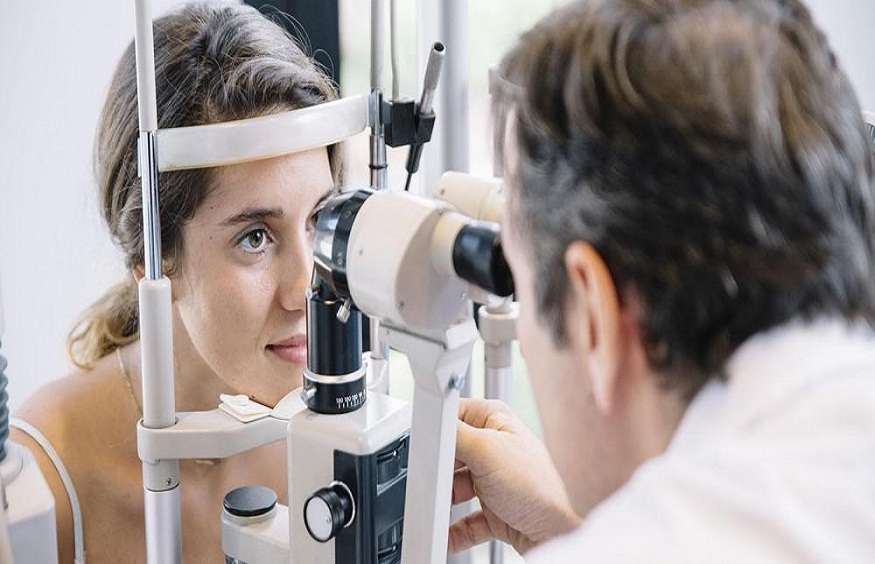Preventing Diabetic Retinopathy: The Role Of An Ophthalmologist
Diabetic retinopathy is a leading cause of vision problems. It affects many people with diabetes. Regular eye exams are crucial. An ophthalmologist plays a key role in prevention and management. They check for early signs, provide treatments, and guide on maintaining eye health. In places with a high demand for eye care, like Ophthalmology florida, having access to specialized care can make all the difference. Early detection and routine care are vital. With the right support, vision can be preserved.
The Importance of Early Detection
Detecting diabetic retinopathy early is key. It allows for timely intervention. We recommend annual eye exams for people with diabetes. An eye exam is painless and quick. During the exam, the ophthalmologist looks for signs of retinopathy. These signs can include swelling, leaking blood vessels, or abnormal growth. If caught early, treatments are more effective. This can prevent more serious vision problems down the line. According to the CDC, early detection and treatment can reduce the risk of blindness by 95%.
Understanding the Role of the Ophthalmologist
An ophthalmologist is a medical doctor trained in eye care. They are different from optometrists and opticians. Ophthalmologists can perform eye exams, diagnose diseases, and perform surgeries. Their expertise is crucial in managing diabetic retinopathy. They provide treatments such as laser therapy or injections. These treatments help control and reduce the impact of the disease. They also educate on managing diabetes to protect vision. Understanding who to see for eye care can make a big difference in outcomes.
Treatment Options and Outcomes
There are several treatment options for diabetic retinopathy. These treatments depend on the stage of the disease. Here is a simple comparison of treatments and their effectiveness:
| Treatment Type | Method | Effectiveness |
| Laser Therapy | Seals or shrinks blood vessels | Very effective for early stages |
| Injections | Anti-VEGF or steroids | Effective for reducing swelling |
| Surgery | Removes blood from the eye | Effective for advanced stages |
Each treatment aims to preserve vision and prevent further damage. An ophthalmologist will recommend the best option. The goal is to manage the condition and improve the quality of life.
Preventive Measures
Prevention is always better than cure. Managing blood sugar levels is crucial. A healthy lifestyle can help. This includes eating well, exercising, and avoiding smoking. Regular monitoring of blood pressure and cholesterol is important too. Keeping these factors in check reduces the risk of diabetic retinopathy. Regular visits to the ophthalmologist are also vital. These visits help track changes and catch any early signs.
The Path Forward
Diabetic retinopathy does not have to lead to vision loss. With proper care, it is manageable. Ophthalmologists provide the guidance and treatment necessary. They help individuals maintain their vision and quality of life. It’s important to stay informed and proactive. Access to eye care services like those found in ophthalmology ensures that those with diabetes get the care they need. Remember, the earlier the intervention, the better the outcomes.


Leave a Reply
You must be logged in to post a comment.